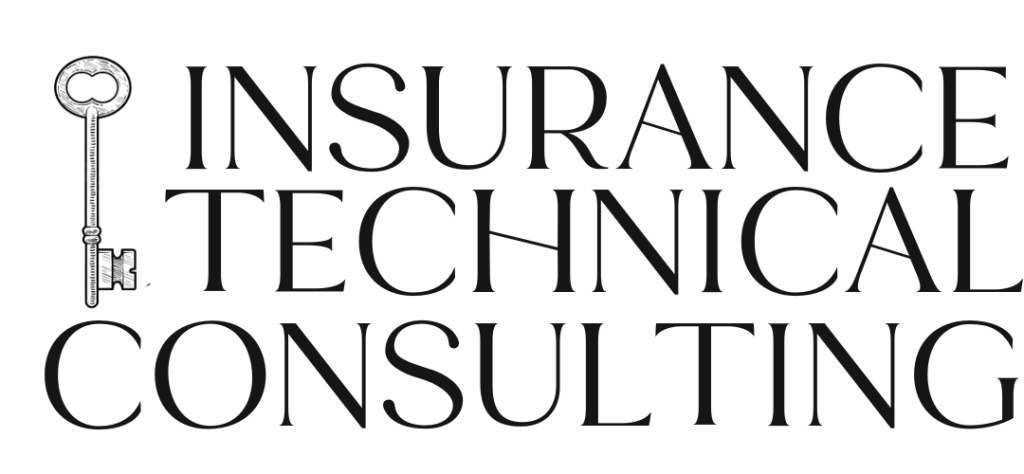
It is well settled that the duty to defend is greater than the duty to indemnify. But what if the insurance carrier does not have a duty to defend? What are the other alternatives?
Most businesses want a duty to defend, and fortunately, that is what most policies use. Standard ISO liability policies, preferred carriers with improved-on-ISO forms, and even most surplus lines policies have a duty to defend. How to tell? The policy literally uses the language, “We have the duty to defend . . .” or “We have the right and duty to defend . . .”
Without this language, another type of defense payment is used. This typically includes specialty policies such as D&O, EPL, E&O and Cyber. These specialties often include Duty to Defend, but sometimes they don’t.
The insurer’s duty to defend means it must pay for the defense of claims, even if the coverage is in doubt, or if the policy only partially covers claims. The insurer selects the legal counsel, and manages litigation process and expenses.
An alternative is a policy which gives the insurer the “right to defend.” In that case, the insurer chooses case-by-case whether to handle the defense. The insurer may determine that the policyholder will not be able to put up a competent defense on its own, increasing the settlement liability.
The other alternative is a Reimbursement, also referred to as “duty to pay” or “non-duty to defend.” Under this term, the policyholder arranges its own defense, and is then reimbursed for the financial costs of counsel.
While most policyholders prefer Duty to Defend because the carrier is experienced with similar lawsuits and has access to expert counsel at discounted rates, some – especially large corporations – prefer to handle their own defense. They want to choose their own counsel, are experienced in managing expenses and litigation, and have the financial and human resources to handle.
Whichever is chosen, be sure your client understands the defense basis used in the policy.
Do your validating producers understand Duty to Defend, or know where to learn about it? Insurance Technical Consulting specializes in one-on-one mentoring of commercial producers so they gain confidence in what they are selling and make fewer errors. Save your agency time with potential to increase revenue and reduce E&O costs. Explore the website at InsuranceTechnicalConsulting.com for more information.
Share Post :
